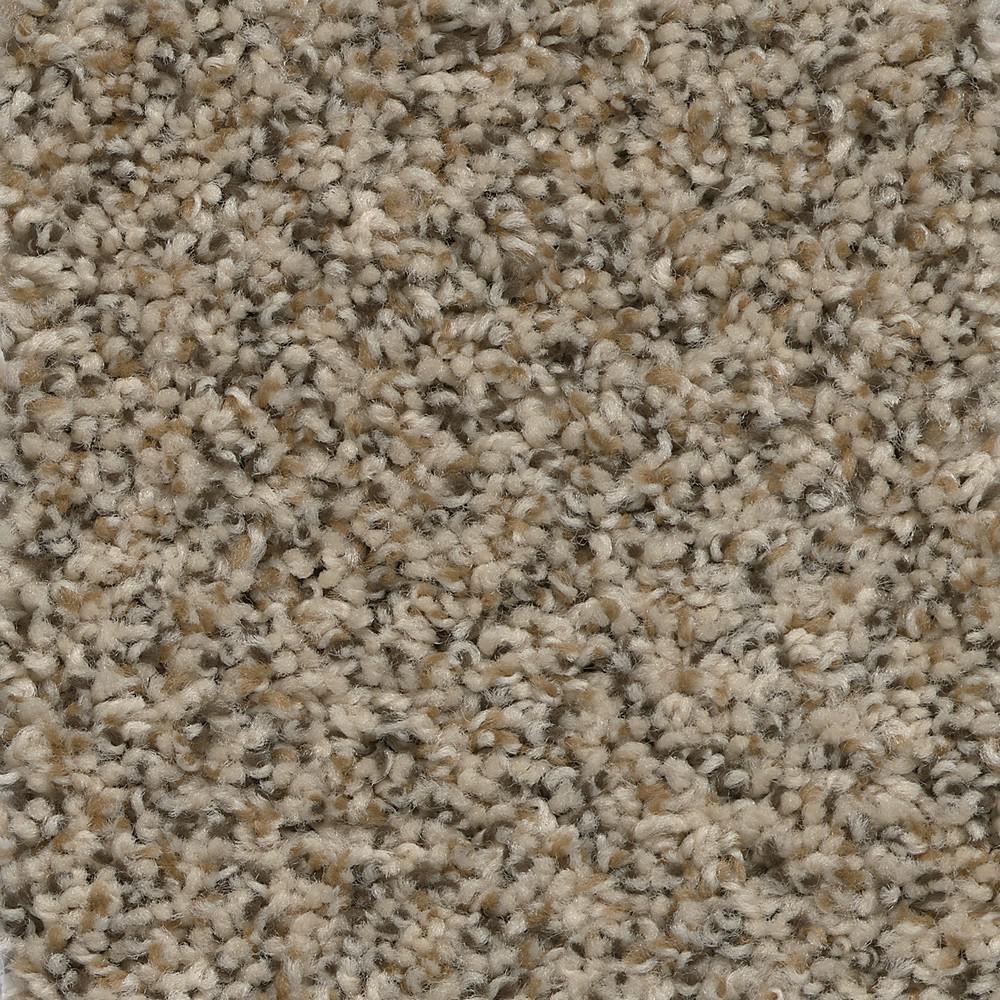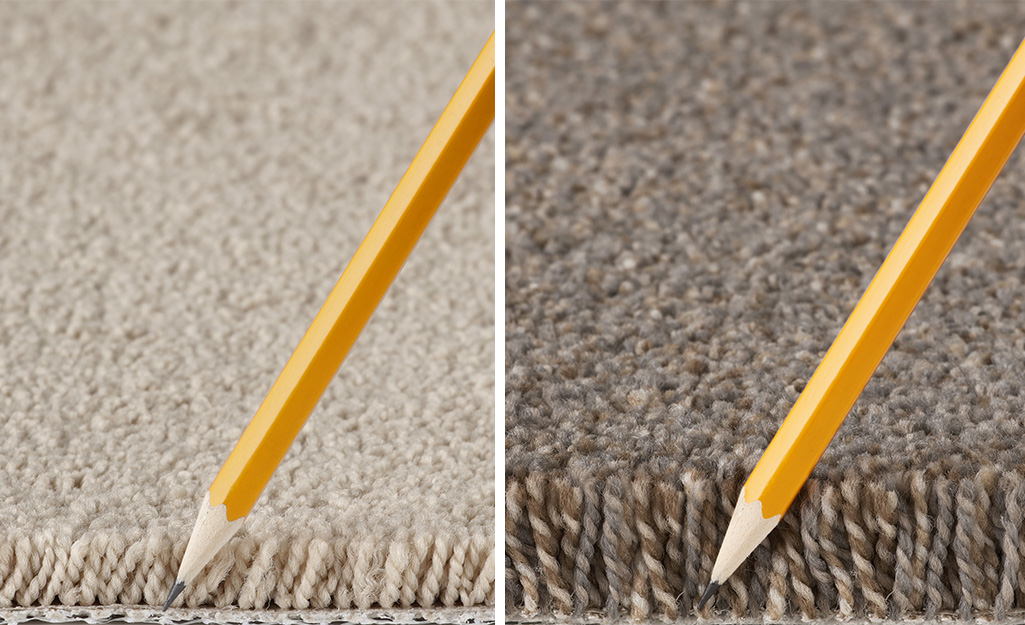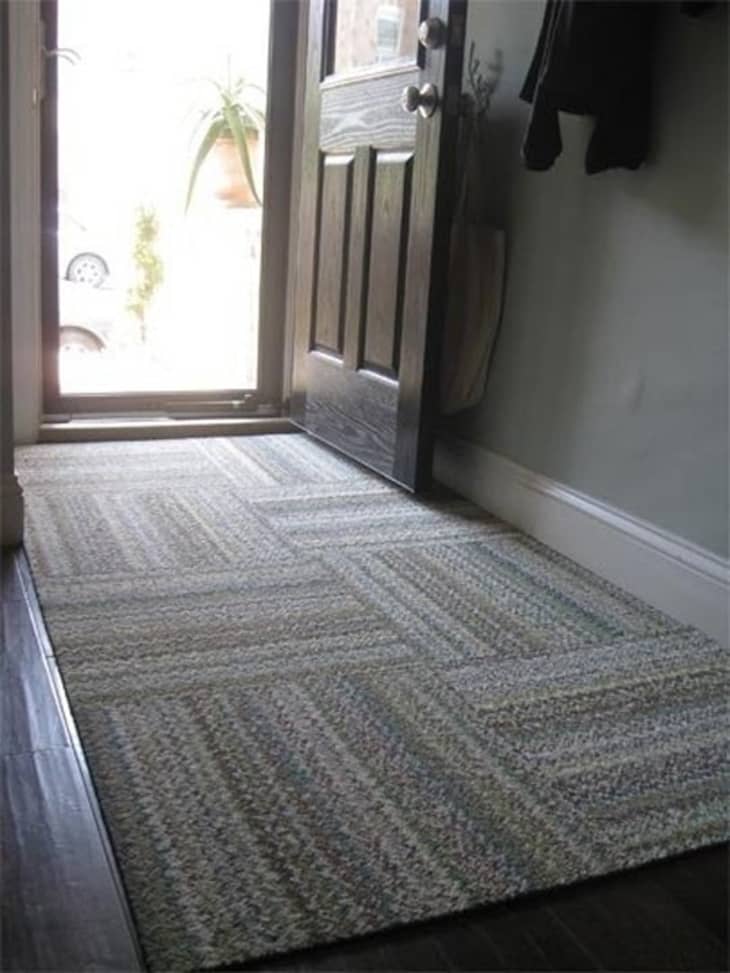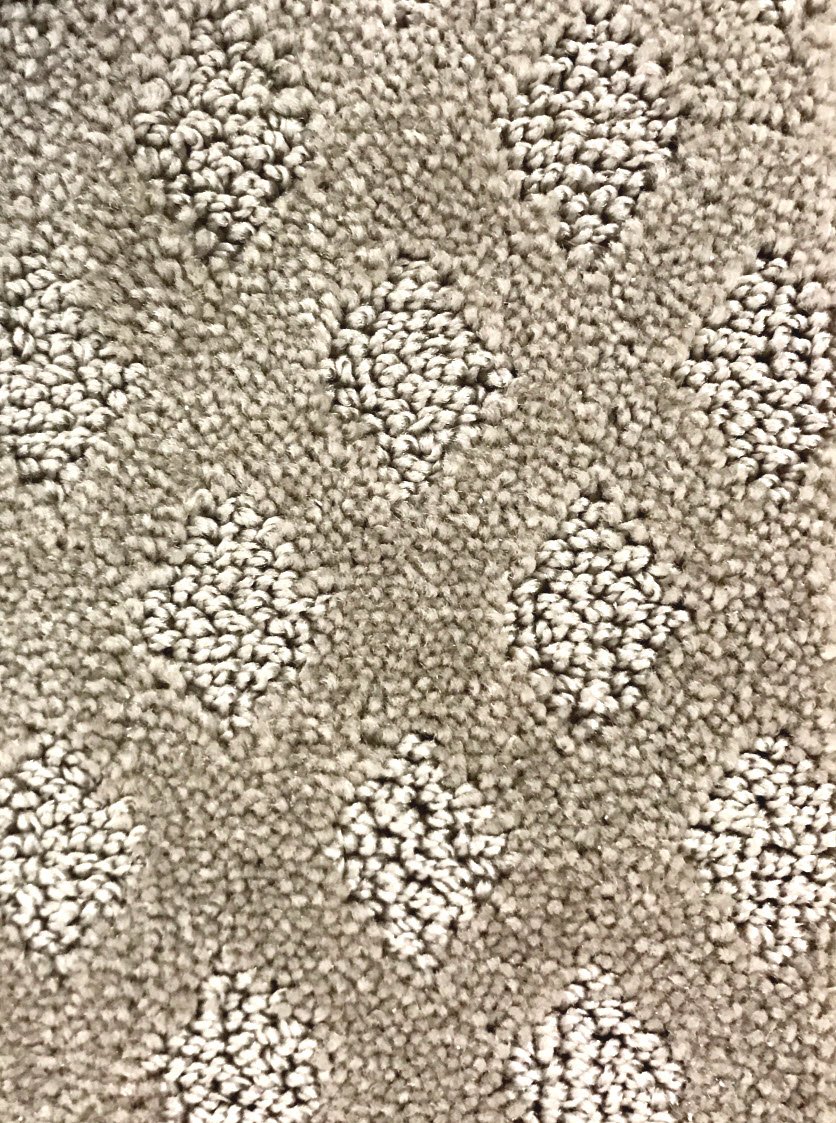You should keep evidence of the calculation with a copy of the original purchase invoice and a explain how the expected lifespan of the asset was calculated e g.
Rented property carpet wear and tear.
For a better understanding of the difference between the two and when you can deduct the tenant s deposit let s take a look at the two most common examples which are normal wear and tear vs damaged carpet and normal wear and tear vs damaged paint.
That means if you spill red wine on the carpet your home insurer will pay for the reasonable costs for it to be cleaned repaired or replaced.
If the court believes that the useful life of carpeting in a rental dwelling is five years then the cost of replacing the carpeting would have to be prorated over a five year period.
Exposure to the elements time as well as day to day living can cause fair wear and tear.
Normal wear and tear vs.
Minor markings on the walls can be easily touched up or cleaned but anything that changes the condition of the wall could be considered damage beyond normal wear and tear for a rental property such as.
Wear and tear in a rental property.
Although real estate tenancy laws vary across each state and territory the industry broadly accepts this definition.
Many courts will allow you to prorate the useful life of a damaged item.
What is wear and tear.
When dealing with property damage in the apartment the tenant is most likely liable and if that s the case their security deposit will go towards repairing that.
Landlords can t remodel the property on the tenant s dime.
A landlord checklist can help you figure out what s normal wear and tear vs damage by forcing you to document all of the above.
Unlike wear and tear on a rental property this isn t naturally occurring.
When it comes to normal wear and tear the landlord is most likely responsible for getting the apartment back to its original condition.
The property owner typically bears the costs for normal wear and tear maintenance.
Normal wear and tear.
A landlord cannot retain a security deposit to cover normal wear and tear that occurs as a result of the tenant using the property for its intended purpose okay i got it.
The landlord may not charge you for normal wear and tear on the premises and may only charge for actual abnormal damage.
Examples of tenant damage can include anything from a broken toilet seat to a smashed mirror missing door handles holes.
New carpet that s stained at the end of a one year lease.
Manufacturers guarantee this is important in the event of a dispute with the tenant.
According to nsw fair trading wear and tear means the normal deterioration of a property from ordinary everyday use.




























